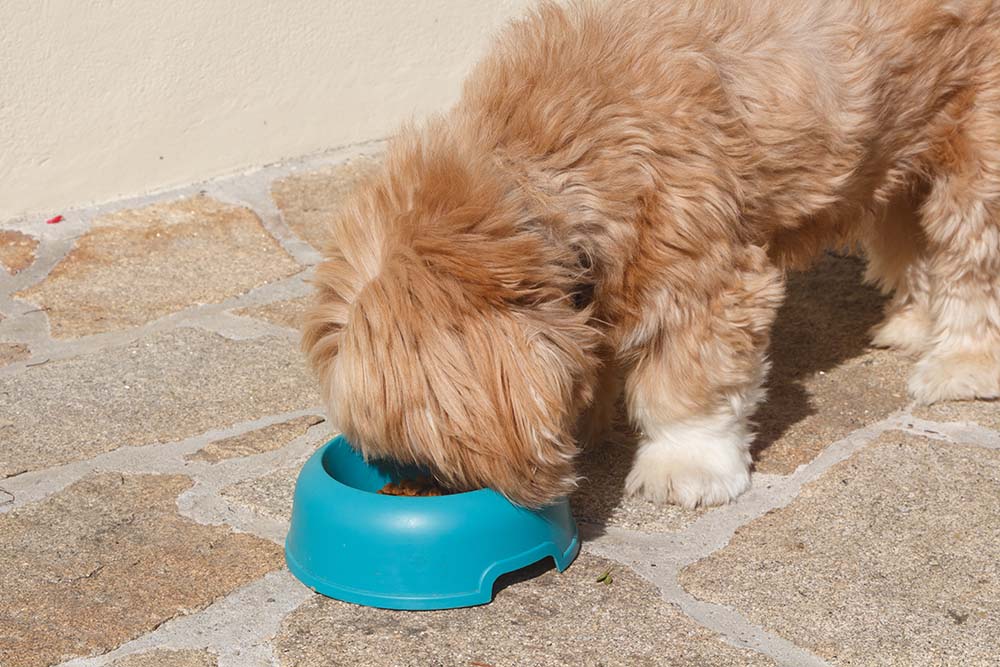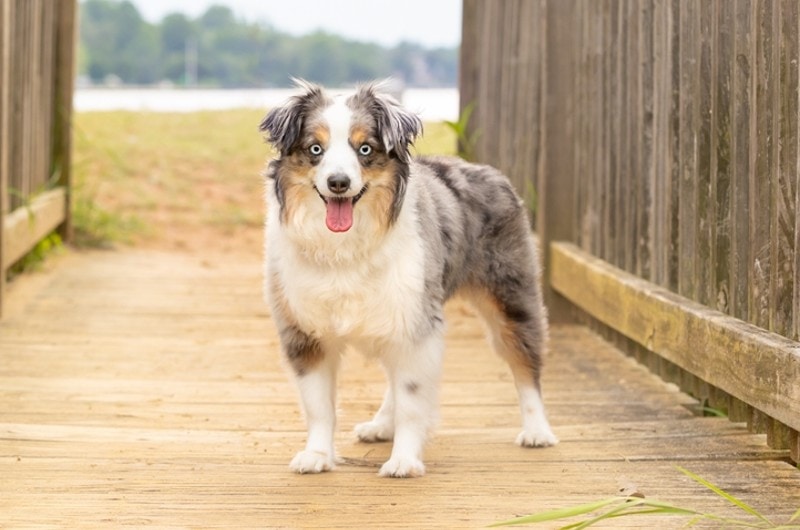How Much Do Dog Teeth Implants Cost? 2024 Update
Updated on
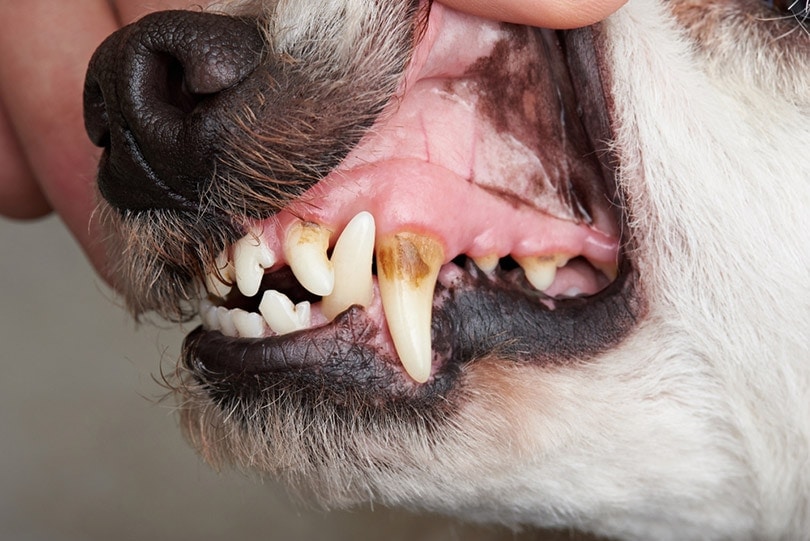
You’ve undoubtedly heard of dental implants for people. Technology has advanced rapidly in recent years, making it an easier procedure for patients. You may wonder if it’s something your veterinarian would do for your dog if your pet lost a tooth. Bear in mind that the veterinary community is still trying to get people to get their dogs’ teeth cleaned, let alone replaced.1
It’s no wonder that vet clinics promote National Dental Month so highly with special pricing and awareness campaigns. However, implants are a different story. While cleaning serves a vital purpose, research hasn’t found enough compelling evidence to justify this procedure for anything other than aesthetic purposes, with the risks outweighing potential benefits.2
The short answer is that dog dental implants can cost at least $3,000 per tooth. Keep reading to see the details!
How Dental Implants Work
It’s essential to understand that dental implants aren’t a one-time visit. Each situation is different, depending on the dog, its jawbone structure, age, and risk of complications. It starts with assessing the pup’s dental health, typically with X-rays. This imaging will determine if implants are even possible to do without additional bone grafting.
Doing the implant involves extracting the affected tooth or teeth. A titanium screw serves as the replacement. A dog’s mouth isn’t the most sanitary area, making the risk of infections a valid concern. It will also take several months for the screw to become integrated, assuming the pup’s body doesn’t reject it.
Your vet will follow up by placing a crown on the screw. The latter functions as the tooth’s root, with the crown playing an aesthetic yet functional role. However, gum disease is still a potential complication, especially if your pup doesn’t receive the necessary aftercare. Bear in mind that most parts of the procedure involve anesthesia which carries its risks.
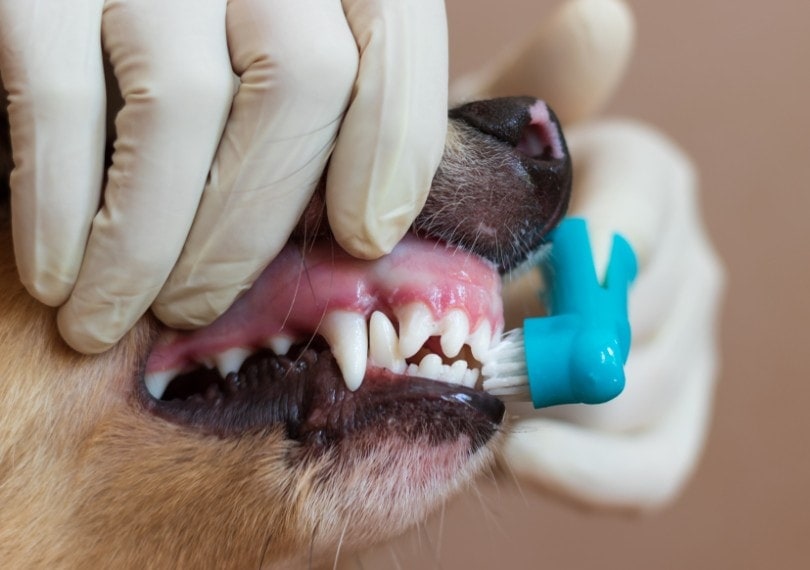
The Cost of Dog Teeth Implants
Veterinarians don’t perform canine teeth implants typically. As we’ve mentioned earlier, controversy exists over their efficacy and whether replacing the teeth will benefit the animal. Therefore, we can only give rough estimates for the procedure because of a lack of sufficient data. Remember that it’s a customized procedure due to varying circumstances.
According to the Dental News Network, you can expect to pay between $3,000 to $ 4,500 per tooth for the implant alone. The accompanying crown can tack up to an additional $3,000. These are conservative figures. Complications can increase your costs dramatically and endanger your pet’s life.
The other thing to remember is that you may need to find a specialist to do the procedure. As we mentioned, it’s typically not a part of routine dental care, with some practices refusing to offer these services due to the potential health risks. This option can increase your costs considerably, particularly if you have to travel to find a qualified provider.
Additional Costs to Anticipate
As you may expect, there is a lot of follow-up with dental implants. The process of getting your dog to the point where your vet can perform the procedure may take time, especially if gum disease caused your pup’s tooth loss in the first place. That will take time for an existing condition to heal before it’s safe to proceed.
Your vet will likely prescribe antibiotics and perhaps pain meds to help with the healing. You also have to offer your pup a different diet, particularly if you give your dog dry food. Follow-up care may involve anesthesia if your pet is reluctant to be examined after its ordeal. That can add to your costs, both financially and time-wise.
Your vet may order blood work to watch out for signs of an infection. Changes in the number of certain white blood cell types can provide an early indication of a problem. Of course, that means more trips to the vet clinic with additional expenses.
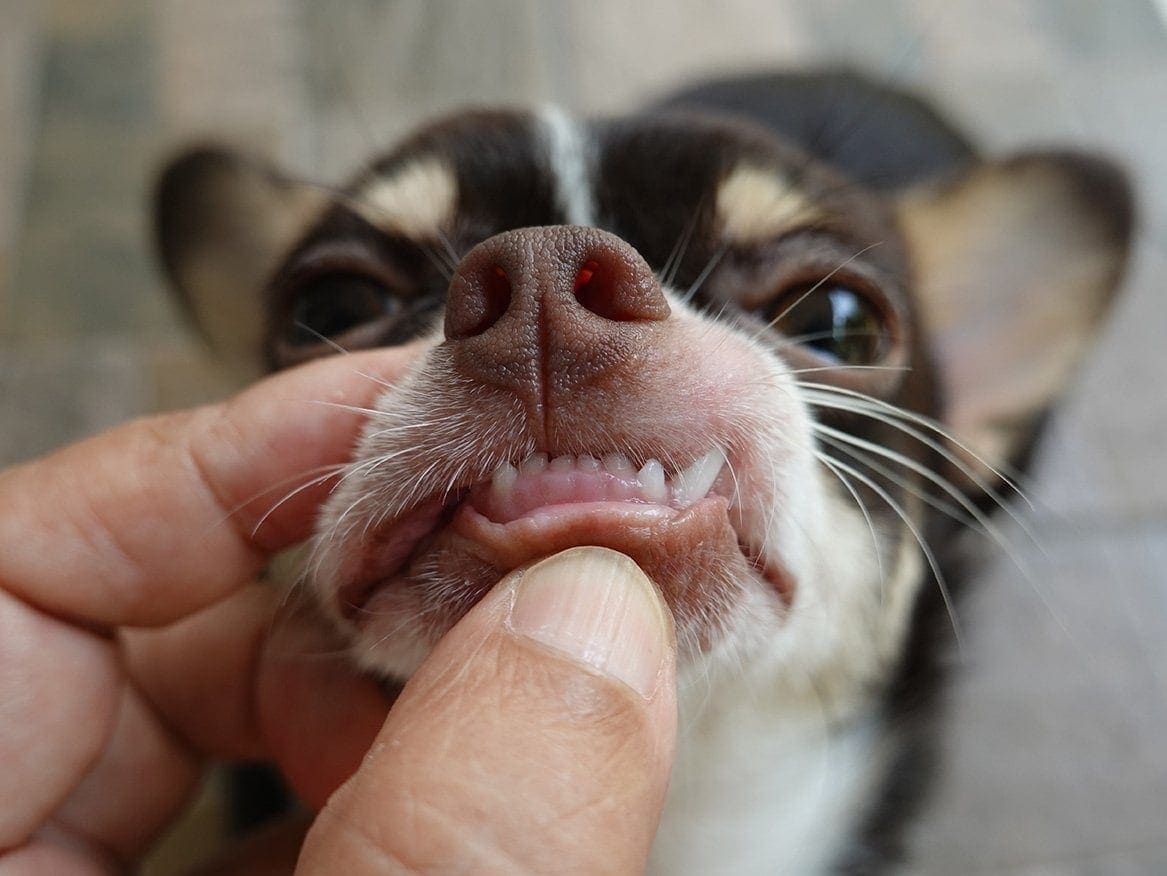
The Success of Dental Implants
Ongoing research is looking for ways to minimize the rejection of dental implants and reduce the risk of complications. Surface treatments on the implants have shown some promise. However, keep in mind that new technology often comes at a price. It’s one of the main drawbacks of this procedure. The fact remains that a dog can easily adapt to tooth loss without the need for replacements.
Dental implants are a routine procedure for humans. However, what science has accomplished in this field hasn’t necessarily made its way down to dogs and other pets. Ironically, people are setting the bar for our pups instead of the other way around in research and development.
Pet Insurance Coverage for Dog Teeth Implants
Many pet insurance companies offer wellness plans that often include dental cleanings. Some plans may also cover injuries or broken teeth. However, that usually is limited to extractions in the case of the latter. You’ll likely find that most insurers will not cover dental implants. However, they may help you afford the conditions leading to the need for this option.
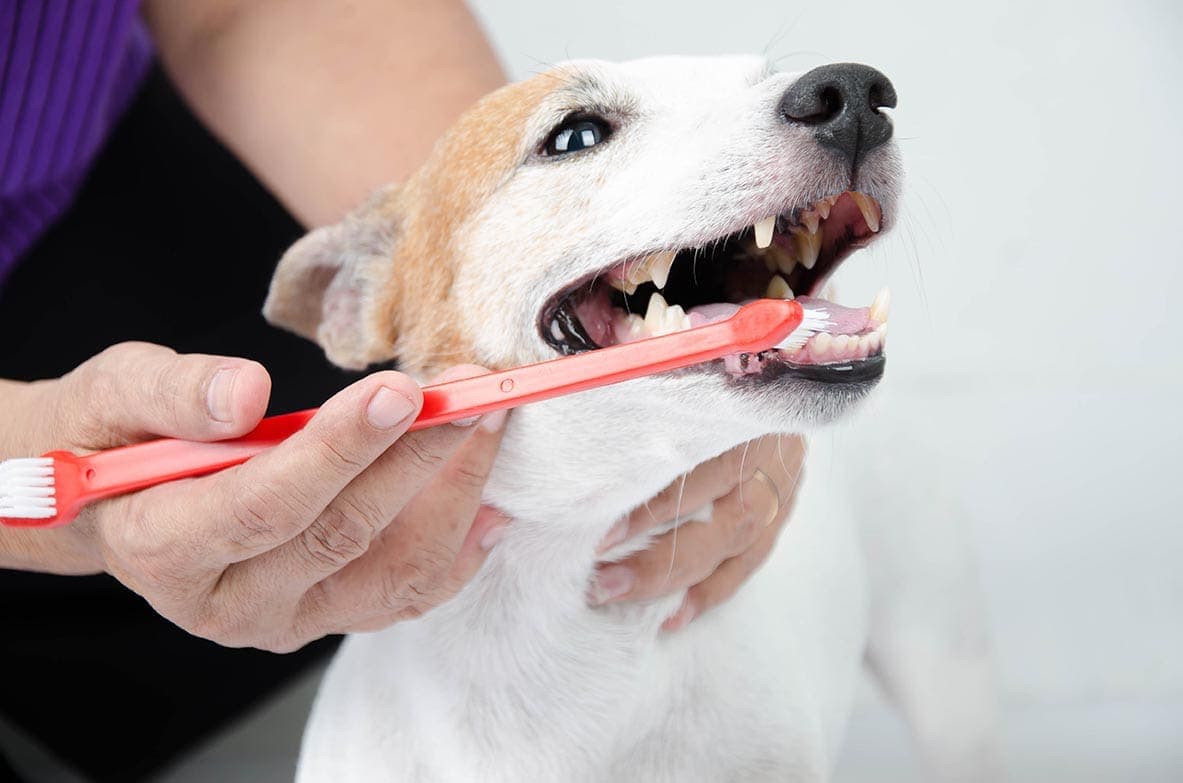
Caring for Your Dog’s Teeth Afterward
The greatest concerns after dental implants are infections and rejection. Antibiotics and proper dental health care can help prevent the former. The latter depends on your dog and how well your pet will tolerate the replacement tooth. We strongly urge you to monitor your dog closely after the procedure. Not eating is a telltale sign that its mouth is still hurting.
We also recommend following your vet’s instructions to the letter, including follow-up office visits. A bacterial infection can come on quickly. Suffice it to say that it’s a long road if you opt to take this path with your dog.
Conclusion
It’s no wonder that technology has advanced to include more ways to keep our pets healthy and pain-free. It probably has a lot to do with many people viewing their dogs and cats as their children. Of course, you’d want the best for them. While dental implants have some benefits, you should also weigh the risks. We recommend discussing the situation with your vet first.
Featured Image Credit: PixieMe, Shutterstock




